
Yale SOM Faculty Share Tips for Self-Improvement in 2019
We asked our faculty experts to share insights from their research that can help people improve themselves in 2019.
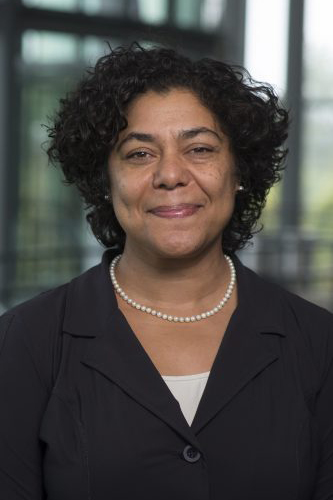 On Being an Authentic Leader
On Being an Authentic Leader
Heidi Brooks, Senior Lecturer in Organizational Behavior
“In the Interpersonal and Group Dynamics course, we talk about strategic authenticity—letting people see you and know you in a way that is grounded and situationally relevant. You can develop the skills and awareness to choose to let people know your real thoughts and feelings. You get to choose what and when to share. Too often, people over-protect the self in fear of revealing too much of the self, or they worry what would happen if people really knew them. Sometimes we conflate not being known with what it means to be professional, as though professional behavior has no humanity to it. But we spend so much time at work that it exacts a high cost to individuals and organizational cultures to coax your self into hiding as a matter of course. In addition, colleagues may trust you more and tap your expertise more if they feel a sense of connection by knowing you. So, people also run a risk by not being known at work. It’s important to learn how to let yourself be known and still feel at choice about levels and content of disclosure. Plus you need the energy you might otherwise spend on hiding your thoughts and feelings—being authentic and known. It’s less dangerous than many people believe—and a whole lot more free and fun.”
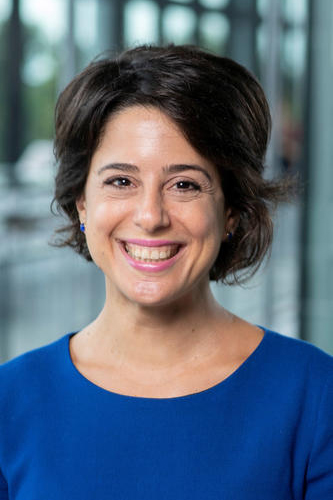 On Building Trust
On Building Trust
Teresa Chahine, Sheila and Ron ’92 B. Marcelo Lecturer in Social Entrepreneurship
“I’m doing some research on trust building in public private partnerships in the context of Project Last Mile. Based on our results, four factors play a key role: people matter, context matters, results matter, and alignment of goals matters. Then, there’s an overarching time factor, where the evolution of time affects the evolution of all four factors. In the context of self-improvement: Results build trust. Identify something tangible you can deliver and act on it.”
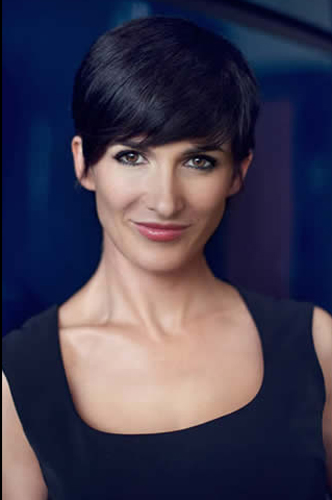 On Gaining Confidence and Getting What You Want without Being Obnoxious
On Gaining Confidence and Getting What You Want without Being Obnoxious
Zoë Chance, Assistant Professor of Marketing
“The kind of person who’s confident and gets what they want without being obnoxious is charismatic, and the weird thing about charisma is that trying to be charismatic backfires. By trying to be charismatic, you come off like a jackass. But if you put your attention on the other person rather than on yourself (or what they think of you), you connect in a confident way and have other people inclined to say yes. Some simple ways to do that are asking questions and cutting your verbal hedges. Like, rather than tentatively stating, “I was thinking maybe it might be a good idea to…” you just ask, “Would it be a good idea to…?” or “How about if we…?
If you’re concerned about being obnoxious, it’s likely that you have nothing to worry about—because most obnoxious individuals aren’t concerned with what others think of them. But you can still work on connecting better as an influencer. The critical piece is being OK with other people saying no to you. And that will reduce the pressure of your asks, ironically making them more inclined to say yes. There are many ways to do this, and the most fun and scary one is shock therapy through a Rejection Challenge. Jia Jiang’s “100 Days of Rejection” challenges are a great inspiration, and his Krispy Kreme video is my favorite. So many students have warmed my heart and cracked me up with their own rejection challenges, though often they fail to get rejected. One of the rejections in my most recent class was a group of students who were raising money for a school trip to Patagonia, Chile, to work with an environmental preservation organization. They went to the Patagonia store in New Haven to ask for $500 of gear. The store owner said no, but offered to host a fundraiser at the store (lots of fun, with a live band, beer, and a raffle), which ended up raising more money than that. Then the corporate Patagonia office came through with a gift certificate for the gear as well. Just ask.”
 On Being a Smarter Personal Investor
On Being a Smarter Personal Investor
James Choi, Professor of Finance
“Hold low-fee mutual funds instead of speculating in individual stocks.”
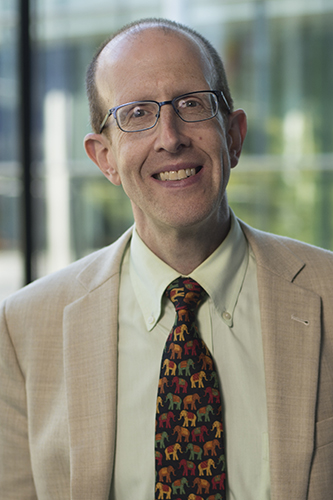 On Staying Healthy
On Staying Healthy
Howard Forman, Professor of Diagnostic Radiology, Economics, and Public Health; Director of the MD/MBA Program; Director of Healthcare Curriculum, MBA for Executives Program; Lecturer in Ethics, Politics, and Economics
“Staying healthy is truly a lifelong endeavor. There is strong (and growing) evidence that lower-calorie (and particularly lower-carbohydrate) diets and moderate regular exercise complement preventive measures (vaccines, tobacco cessation or avoidance, and certain cancer screenings) to allow us to live better and healthier lives. Having good relationships with other humans and pets helps, too! Stay up-to-date on vaccinations, don’t use tobacco or nicotine products for anything (except maybe for quitting smoking!), have consistent exercise as part of your daily routine (even if it is just getting 10,000 steps each day), and get a dog (or a cat, if you are so disposed!).”
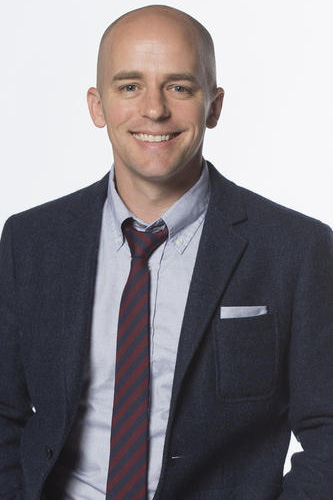 On Starting Projects You’ve Been Putting Off
On Starting Projects You’ve Been Putting Off
Kyle Jensen, Associate Dean and Shanna and Eric Bass ’05 Director of Entrepreneurship & Senior Lecturer
“The easiest form of leadership is action in its absence. If there’s something you want to begin, particularly something that requires collective action, send a signal of your commitment by taking an enthusiastic, visible first step.”
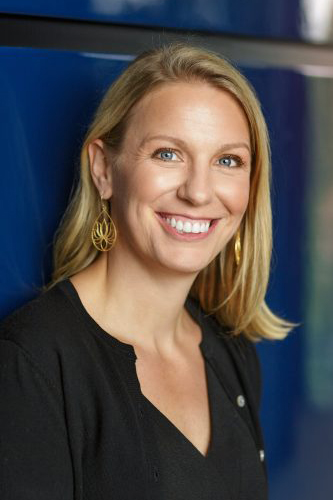 On Being Fully Present, at Work and at Home
On Being Fully Present, at Work and at Home
Marissa King, Professor of Organizational Behavior
“Slow down! When we are in a rush our ability to connect with others is impaired. Being hurried and harried impairs our ability to read and understand others’ emotional expressions, from their gaze to their verbal intonation. Being distracted, stressed, or under time pressure also makes us much more likely to be self-absorbed. Take 10 minutes, stop what you are doing, focus on who is in front of you, and give them the gift of being present.”
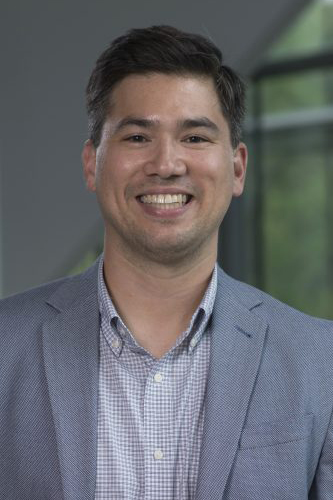 On Making the World a Better Place
On Making the World a Better Place
Michael Kraus, Assistant Professor of Organizational Behavior
“I view every interaction as an opportunity to make the world a better place because even the most seemingly inconsequential conversation has the chance to make someone’s day a little bit brighter, and their focus a little bit sharper. Anecdotally I can think of times in grad school where I felt like I wasn’t doing anything right and my advisor reminded me why we were studying that thing, why it was important, and why it mattered. Empirically, we see this in the work on psychological safety—cultivating a team environment where different kinds of people feel like they belong and can take risks provides tremendous value to that person’s wellbeing as well as to their overall performance.”
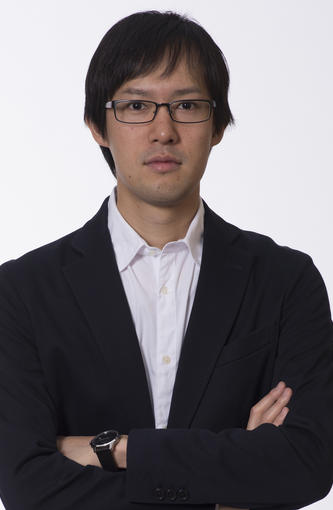 On Making Your Weight-Loss Goal
On Making Your Weight-Loss Goal
Kosuke Uetake, Associate Professor of Marketing
“The most difficult thing in losing weight is to keep motivation. Many people give up doing exercise and eating vegetable if they try to lose weight by themselves. Finding an inspirational “biggest loser” in your social network and working with him/her is a useful strategy to keep your motivation high. High motivation leads to more weight loss, which in turn keeps your motivation high. Be careful, however. Working with “average” weight-loss performers in the social network makes you worse off. People quit earlier and may gain weight. That’s a bad cycle. Hence, finding your role model is a key to succeeding in achieving weight loss.”



